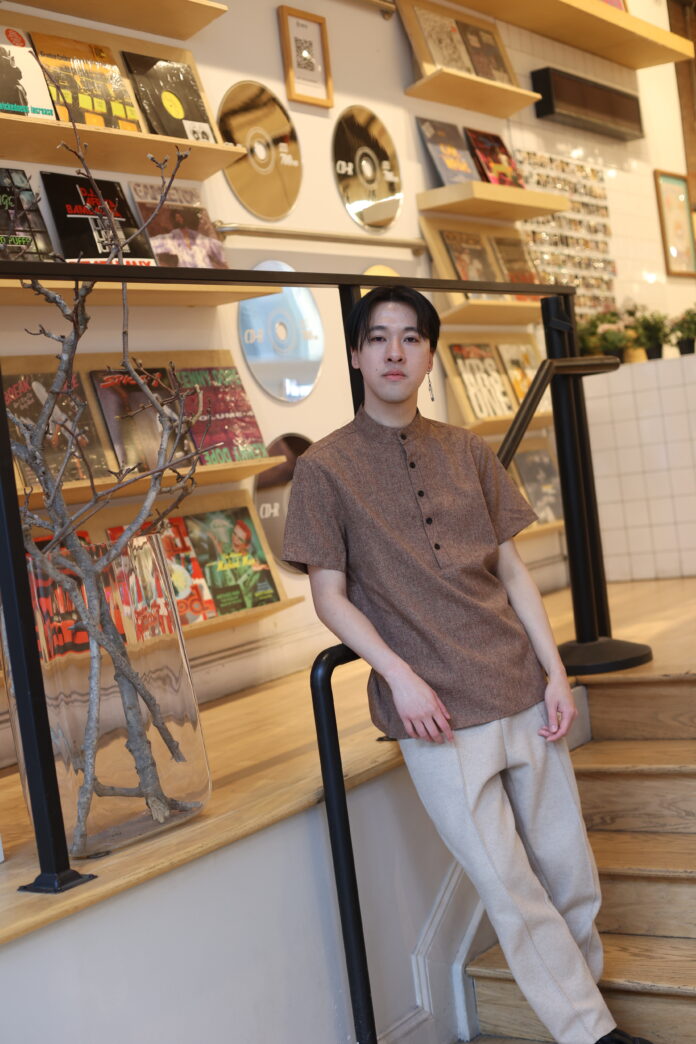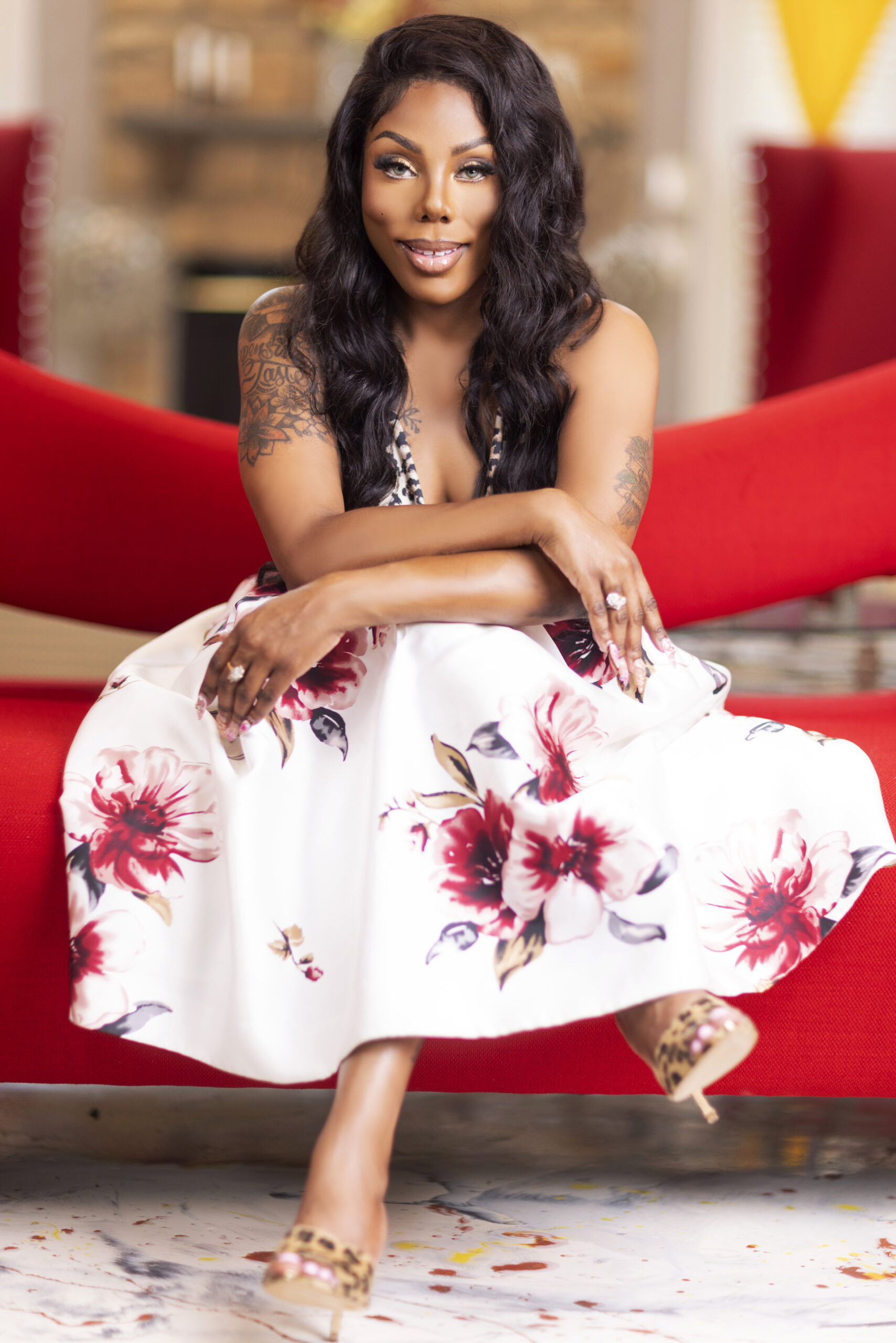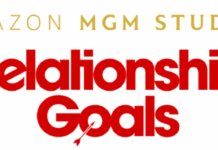( ENSPIRE Entertainment ) Fuhzounese Youtuber and Social Media Personality Discusses Personal Life and Career
ENSPIRE Contributor: Daniel Garritson
Dave Disci is a Fuhzounese YouTuber and an expert on Asian pop culture. Though he has been active online since 2014, he started gaining traction on YouTube in 2017 when he began uploading commentary videos on K-Pop music and the industry. Disci’s content varies from platform to platform, from vlog-style videos to coverage of conspiracy theories and urban legends on his TikTok. His content is attention-grabbing and he releases new videos frequently.
However, perhaps the most impactful of Disci’s content is on his Instagram page. Here, Disci is the most candid. He posts about his personal life, from his relationship with his family to his personal journal about his sexuality and identity, to his struggles with mental health. This look into his authentic self contrasts his more entertainment-focused content. This interpersonal style of posting also serves to break stigmas surrounding things like sexuality and mental health struggles.
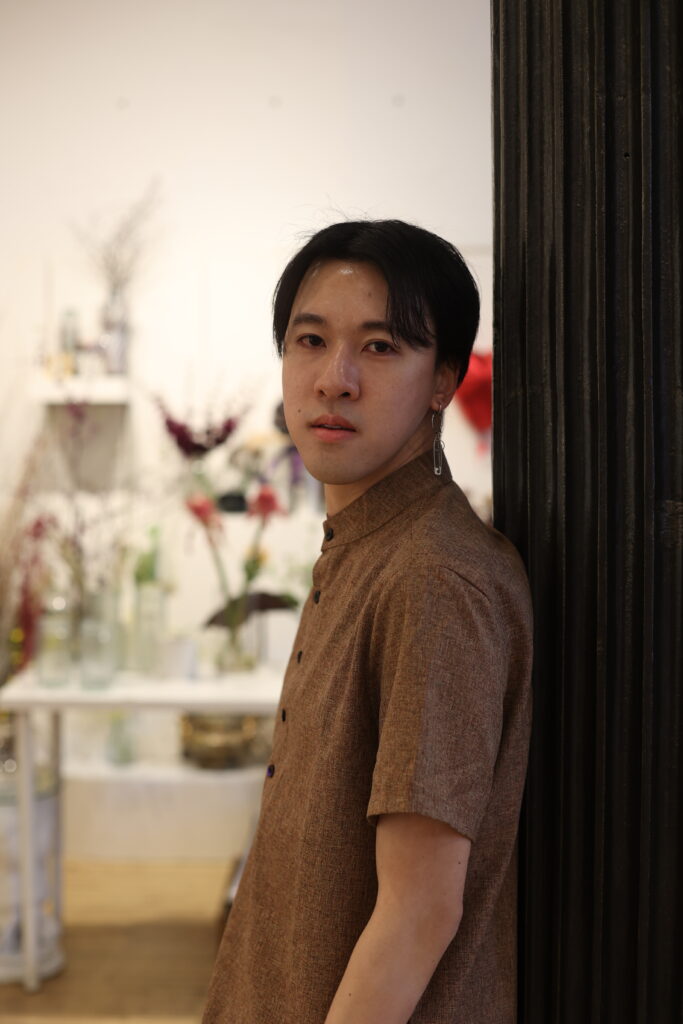
At ENSPIRE, we had the opportunity to interview Dave about his experience as an influencer and how his identity has influenced his life and career.
You’re a Fuzhounese American. Has it ever been challenging to be a member of an ethnic minority that few people in the United States are aware of, in comparison to, for example, people who consider themselves simply “Chinese American”?
It is difficult. My experience is going to be vastly different from others but because I did not grow up speaking Mandarin Chinese, there was a lot of discrimination within our own culture. Chinese people do not like it when fellow Chinese people do not speak Mandarin. So much so that you get mocked and yelled at. And the best-case scenario, you are just treated poorly at a Chinese restaurant. Not speaking it perfectly is almost like a crime to some people. It’s not actually but I feel like I’m treated like it is at times.
It became this odd battle of really not fitting in with the Chinese culture and then clearly not fitting in with the American culture. So finding myself through that was very difficult. However, Fuzhounese has been slowly on the decline and because I grew up speaking it, I’ll be one of the few millions that know it. You can always learn Mandarin Chinese, but Fuzhounese does not have a written language.
You appeared on an episode of MTV’s “One Style Fits All”, talking with co-hosts about Harry Styles’ fashion sense and how he has influenced your own personal style. If the show were to gain a revival and you were asked to pick a style icon trending in 2023, would it still be Harry Styles?
I love Harry Styles and I think his fashion has changed significantly over the years to fit my aesthetic and vibe even more. I would choose Harry for sure. I would also like to choose other celebrities like Jung Kook or Jimin should I be asked to join again.
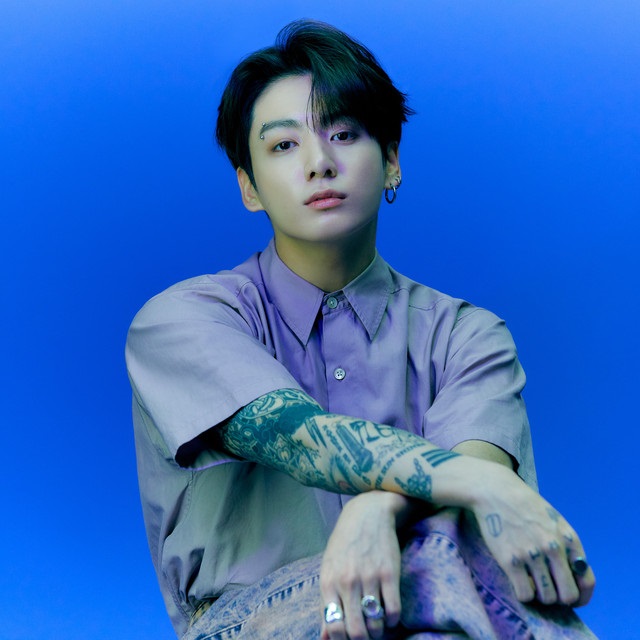
However, the experience I received from doing the episode was quite stressful and a bit traumatizing if I can be honest so if there is a revival and they do ask me, I probably could not do it if the experience was the same. I felt often very disrespected when people would mispronounce my name and when I would correct them I was met with “Oh yeah whatever”.
I was also promised a ride home which was never given to me so I was stranded. And even something like credit I felt I was pulling teeth for. There were just too many things I did not enjoy and dressing up as your favorite idol should not be this stressful of an experience.
Last year during pride month you were invited to the New Jersey Garden State Equality Ball for LGBTQIA+ charity. Do you have any plans/hopes to attend similar events this year?
I would love to! I struggle getting invited to these sorts of situations, I was actually invited by my friend who works as a political campaign manager and thought I could raise awareness for the event. I always would love to go and raise awareness for such events. I could speak with Congressmen to talk about what their support means for the community. So yes, I would love to go again.
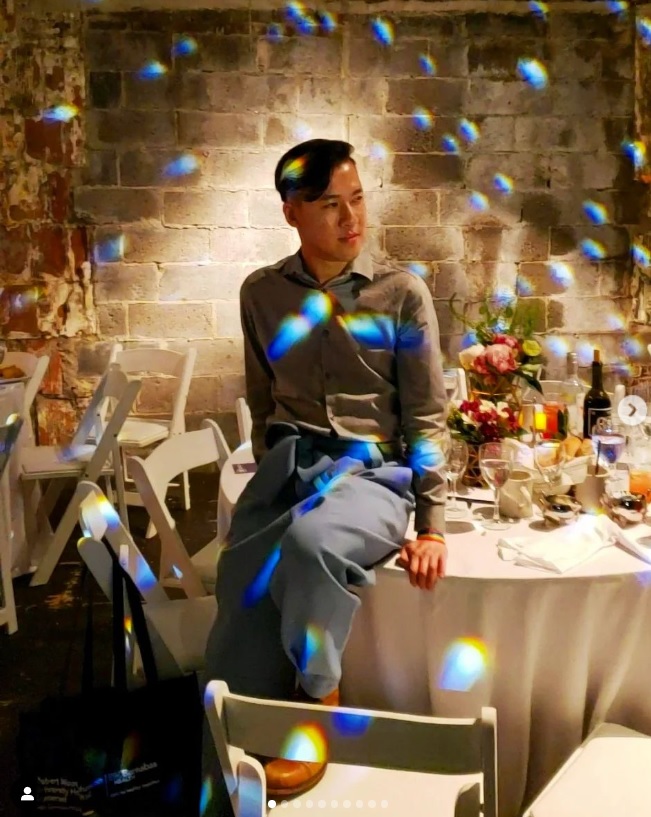
You’ve discussed your struggles with past trauma and mental health on your Instagram page, which surely took a lot of courage. Was it very difficult to show that kind of vulnerability so publicly?
Yes and no. It felt very therapeutic for me to say it publicly. Because I felt like a lot of my friends and family and specifically distant family do not know. They look at my intermediate family and think that everything is okay and very well when in reality it is not. And to be honest, it was a cry for help and my last attempt to try and fix my family’s relationship.
I really was hoping a distant family member would have seen the post and talked to my family about needing to make a change because my family thinks they do nothing wrong. But that did not happen. The part that was scary for me was that I didn’t want my friends to throw pity at me or think of me as someone who complains too much. Luckily, that did not happen.
Has it been strange to see K-Pop music rising so quickly in popularity in the past decade when media from East Asia hasn’t historically been so mainstream in the US? Or is it nice to see so many people enjoying something not from the West?
It’s very nice to see. I think seeing anything go from underground to mainstream is very exciting. It’s exciting to see the rise of Asian culture and people accepting that. We see more Asian faces in the media and specifically male faces, which has helped shift the narrative that “all Asian men are ugly”. And I think that has been the most exciting for me. To me, the actual music comes second. I care more about the impact of another culture coming to the mainstream and K-pop music kind of just serves as the catalyst or launcher.
Related Articles: Kevin Hart Opens Second Hart House Location in Los Angeles, Continuing to Celebrate Financial Literacy Month With Atlanta’s Own, Young & Brilliant

